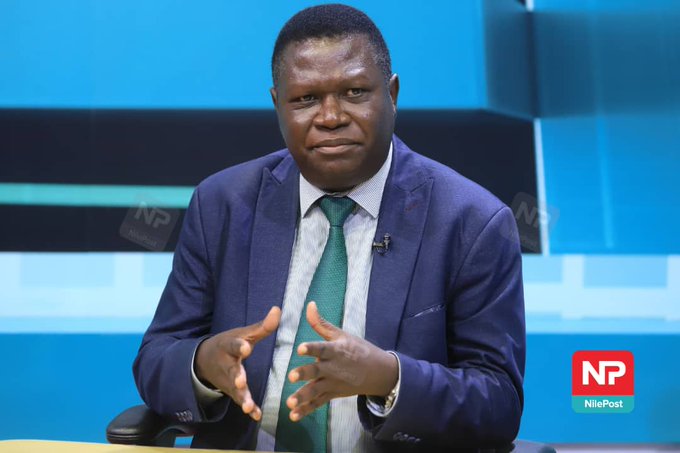Mao’s position as a minister places him at the heart of policy-making, yet he has chosen to publicly denounce those very policies that contribute to economic struggles faced by many Ugandans. Observers question his sincerity; if he truly advocates for justice and fairness, why hasn’t he utilized his influence to push for beneficial reforms? Instead, his criticisms appear self-serving, aimed at regaining favor with constituents disillusioned by economic challenges.

Moreover, Mao’s comments echo sentiments found in Aesop’s fables—specifically that of the fox who dismisses unreachable grapes as sour. His critique may be interpreted as an attempt to distance himself from governmental failures while simultaneously acknowledging systemic issues within the regime. This duality raises concerns about whether Mao is genuinely committed to reform or simply playing political games.
As discussions around economic policy continue, Mao’s criticisms reveal underlying tensions within Uganda’s political landscape. His actions suggest a desire to position himself strategically for future political opportunities while deflecting attention from his complicity in current governance issues.



























